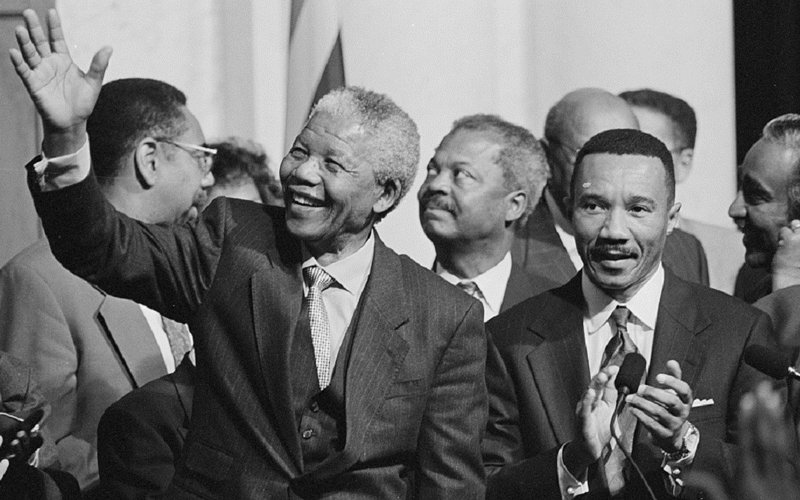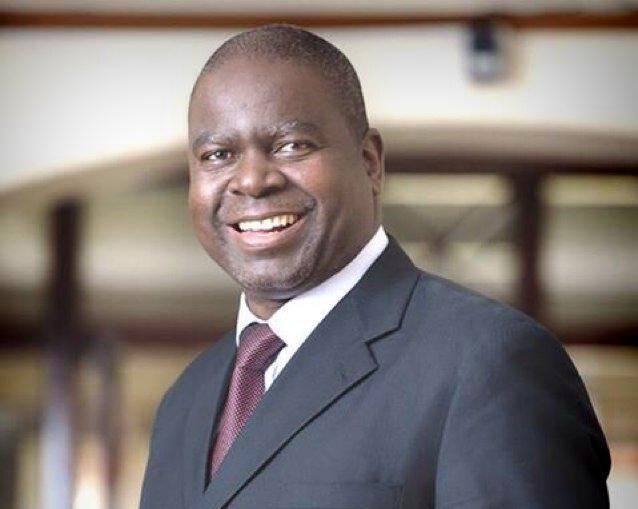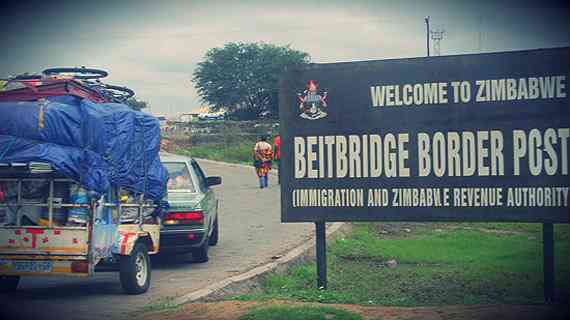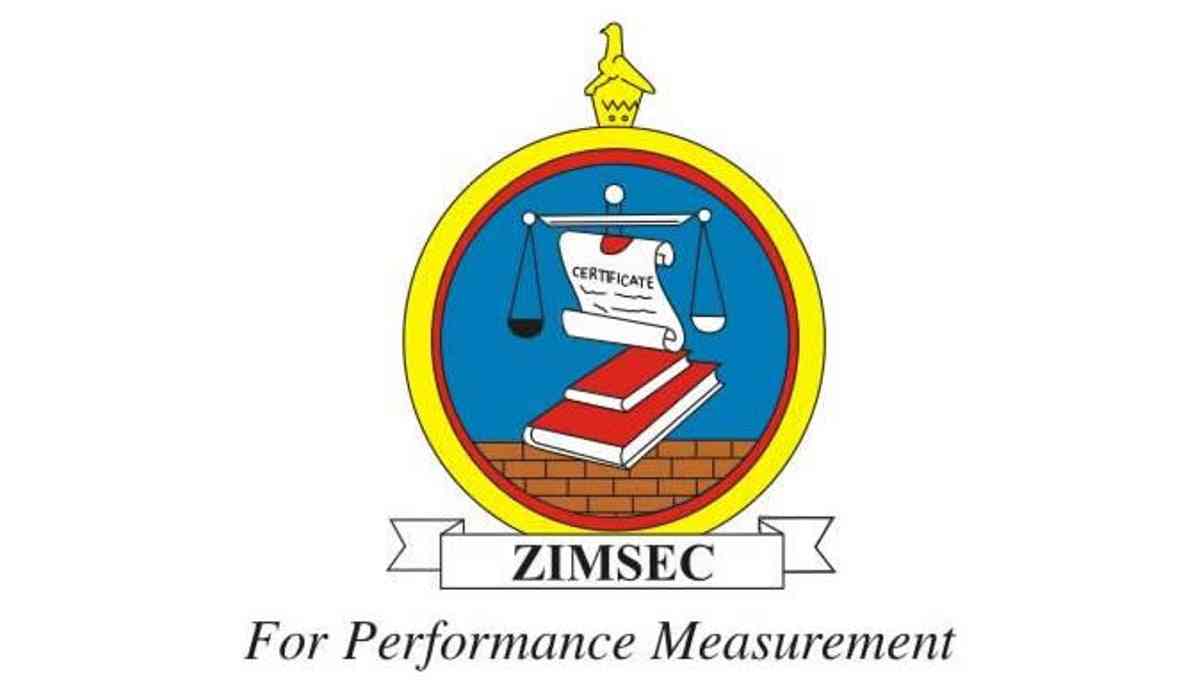
THE political and socio-economic integration of African States is known as pan-Africanism. Pan Africanism is currently being hampered by many challenges in Africa, including cultural diversity and autonomy. Africa is one of the most diverse continents in the world and so are its politics. This is one of the main attributing factors as to why integration has been difficult. The following article will provide a discourse on Pan-Africanism and will also present points on its trials and tribulations.
Over time, the term "Pan Africanism" has taken on many distinct meanings. Pan Africanism was first coined in the United States in the 1900s during the Black slavery period. The first origin of Pan Africanism mainly articulated by the blacks in the diaspora, but did not focus on the challenges faced by black Africans living in Africa. When Pan Africanism first came into being, it emphasised more on protecting the Blacks against slavery and racial crimes.
There were several Pan Africanism congresses that were held by Pan Africanists for the betterment of the lives of Black people in the early 1900s with the first held in France in 1919. These congresses were later attended by Black Africans that were actually living in Africa such as Kwame Nkrumah, which saw a lot of changes vis-à-vis the description of Pan Africanism.
The African continent was under colonialism at that time, and the congress attended by Nkrumah and other delegates saw the Pan Africanism description shifting from mere propagating of black rights to political independence of African states and their unification. Therefore, Pan Africanists such as Nkrumah developed Pan Africanism description into the political unification of African States. He, at that time, together with other Pan Africanists helped African States attain independence with the intention of politically unifying African States. In the days of Nkrumah, Pan Africanism was viewed as the political integration of African States.
The colonial era in Africa has passed away and African States have attained independence. What happened then to Pan Africanism? There are so many trials and tribulations in the current African affairs that are inhibiting the attainment of Pan Africanism. The most salient thing to bear in mind is that the description of Pan Africanism has changed in the contemporary African affairs. Stephen Okhonmina remarked that Pan Africanism now refers to the economic and social unification of African States to solve the underdevelopment issues that are bedevilling the continent. Therefore, a holistic view of Pan Africanism over the years to contemporary affairs could establish Pan Africanism as political, economic and social unification of Africa.
There is a plethora of trials and tribulations imperviously deterring Pan Africanism to be fostered in the contemporary. African Heads of State are focused on their political survival and are nonchalant to the issue of Pan Africanism as it is a real threat to their autonomy. Pan Africanism is viewed as a threat to political power by most Heads of State, therefore, the subject has been neglected to the periphery as they play for time relegating everything to the future.
The African continent is a percolation of many distinct groups with various cultures and ethnic groups which makes it difficult for Pan Africanism to promulgate. It is easy to integrate if there is a common basis for integration in the form of culture and ethnicity. The disparities in the varying African culture and ethnicity are making it difficult for Pan Africanism to prevail on the continent as every State has got a sense of pride in its own ethnicity and will not flinch.
The external influence on Africa is just too much from the developed countries. Nkrumah predicted the rise of neo-colonialism that Africa would be susceptible to if it does not unify. The neo-colonialist uses dominance without any physical control as remarked by Walter Rodney.
- Ndiweni slams 2022 census outcome
- Albert Nyathi poetry delights Kenya
- Ndiweni slams 2022 census outcome
- Corruption watch: Zimbabwe has become a Chinese outpost
Keep Reading
The African Union is supposed to champion Pan Africanism, however, it has been less effective due to influence from powerful nations. The US$200 million donated to the African Union for the construction of its offices by China and the 31 million Euros donated by Germany for the Julius Nyerere Peace and Security Organ of the African Union are all evidence of the powerful nations, influence on Africa’s decisions.
The African Union would have to return the favour for those donations, because nothing is done for free.
The late Nkrumah warned Africa against dependency on the imperialist as it is interference in an indirect way to inhibit Pan Africanism. It is clear that the powerful nations have hindered the Pan African agenda through their influence on the African Union in the form of donations.
The other hurdle in the way of Pan Africanism that dovetails with the aforesaid issue of influence is globalisation. The concept of globalisation is a trap for Africa because it cannot decide matters of Pan Africanism on its own because it has become part of a global community that influences it.
The average African citizen needs education on what Pan Africanism is and how it can improve the livelihoods of all Africans therein. The power is in the people and the moment they come to the cognition of Pan Africanism then they can champion it. Meanwhile, the African Union must become more invigorated than before, by implementing the Pan Africanism aspects rather than just having them in their agendas. The African Union must dispel the dependency mentality and begin to make decisions that promote Pan Africanism.










